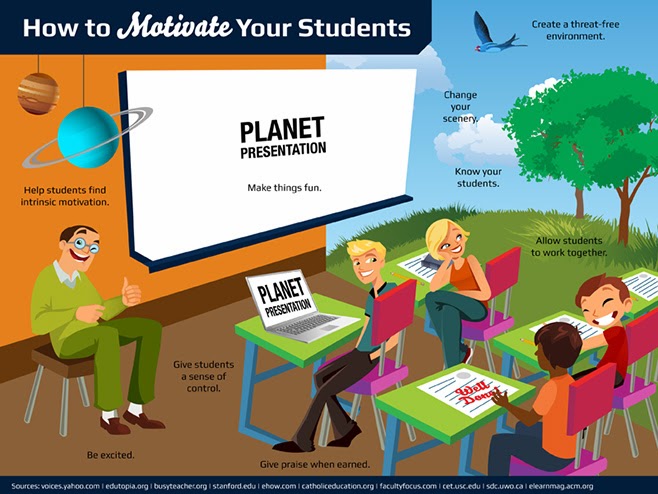Below is a quote taken from the youtube comments page of this video. I struggled with math in high school and maybe the word-less approach would have helped, but I also agree with the comments made by this youtube user.
"
Now I can see this being very helpful for students with developmental disorders or mental disorders quite a bit, but fundamentally mathematics is communicated with language. This is essential if you even want to step one foot into the square we scientists call mathematics. Anything, what we should be doing is encouraging students to do a better job of convincing themselves in a manner (without giving them the visualizations) intuitively. This will help prepare them for doing ACTUAL mathematics later in life, for example when making proofs; the heart of mathematical thought. Intuition and creativity are very important in mathematics but a rigid, formal structure is needed to approach any discipline of mathematics properly. As a student that was quite discouraged by my teachers from mathematics, especially in secondary school, my love for mathematics grew because I wanted to teach myself "why" things were true, because I wasn't getting that from software."






